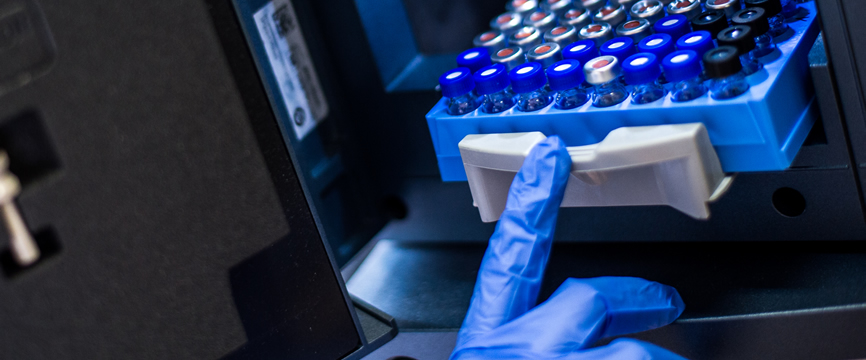
Basic data
Field of Operation
Place of implementation
Description
Considering Hungary's location, water management and water resources, the National Laboratory aims to support the implementation of water science and water safety innovations with our current research that contribute to the protection of water quality. The Laboratory assesses in detail the status of various surface and groundwater bodies, using laboratory measurements, computer simulations and taking into account the complexity and central importance of climate change, in order to ensure the security of groundwater resources, territorial and agricultural water management, the "smart" management of urban water, and the modernisation of water and wastewater treatment.Main research areas:
-
Hydrodynamic, morphodynamic and ecological processes of river habitats
-
Freshwater ecology and nature protection
-
Extreme hydrological conditions
-
Early-warning systems for algae dynamic forecasts and for catchments of small rivers
-
Karst hydrogeology, hydrogeological monitoring
-
Microplastics, micropollutants
-
Water monitoring system based on artificial intelligence (AI).
-
Water resources management practices to safeguard drinking water, ecological water demand and irrigation.
-
Integrated urban hydrological management
-
5G-based precipitation monitoring system
-
Drought, irrigation and reclamation, increasing water supply and storage capacity
Benefits to be expected from laboratory research
- Assessment of the status of various surface and groundwater bodies, using high-tech laboratory and field measurements and complex computer simulations and IT tools.
- New, intelligent monitoring and data processing systems.
- Creation of a new common scientific platform with the involvement of the top-quality scientists from technical-natural-agricultural academic sectors and senior experts, decision-makers to holistically evaluate the sustainability of the Hungarian water resources, to improve different scenarios and optimise the implementation processes.
- Involvement in international workflow, joint research ecosystem.
- Substantially broaden the knowledge base on fluvial and lacustrine systems.
- Publish ~150 national and international scientific articles publications, organize conferences.
- Knowledge transfer to all levels of educational curricula.
- Creation of a strong multidisciplinary network that enables individual expertise in market and international projects.
- Strengthening relations between sectors in order to closely cooperate with think tank networks.
Consortium leader
University of Pannonia
Consortium partners
- Budapest University of Technology and Economics
- General Directorate of Water Management
- Hungarian Meteorological Service
- HUN-REN Balaton Limnological Research Institute
- HUN-REN Centre for Agricultural Research
- HUN-REN Centre for Ecological Research
- National University of Public Service
- Széchenyi István University
- University of Debrecen
- University of Miskolc
Utolsó módosítás: 18 June 2024
Related news
News and Press

News
A hazai kutatók nemzetközi beágyazottságát, kutatás-fejlesztési együttműködéseit nagymértékben elősegíti aktív kapcsolatuk a világ legjelentősebb kutatási infrastruktúráival (KI) és bekapcsolódásuk az ott folyó élvonalbeli kutatásokba. A legkorszerűbb KI-k olyan nagy költségű berendezések, létesítmények vagy adatbankok, amelyek építése, fejlesztése és működtetése meghaladja egy-egy ország gazdasági teljesítőképességét, így nemzetközi együttműködésben valósulnak meg.
18 02 2022

News
Budapest, Saturday, 9 April 2022 (MTI) - According to recent government decisions, a total of ten billion forints will be used in world-class research and development projects and the Cooperative Doctoral Programme, the Ministry for Innovation and Technology (ITM) told MTI on Saturday.
09 04 2022

News
Vice President Katalin Sebők spoke about the functioning, benefits and role of Regional Innovation Platforms in building the innovation ecosystem at the event showcasing university technologies.
28 03 2022




 ENG
ENG

 Back
Back




